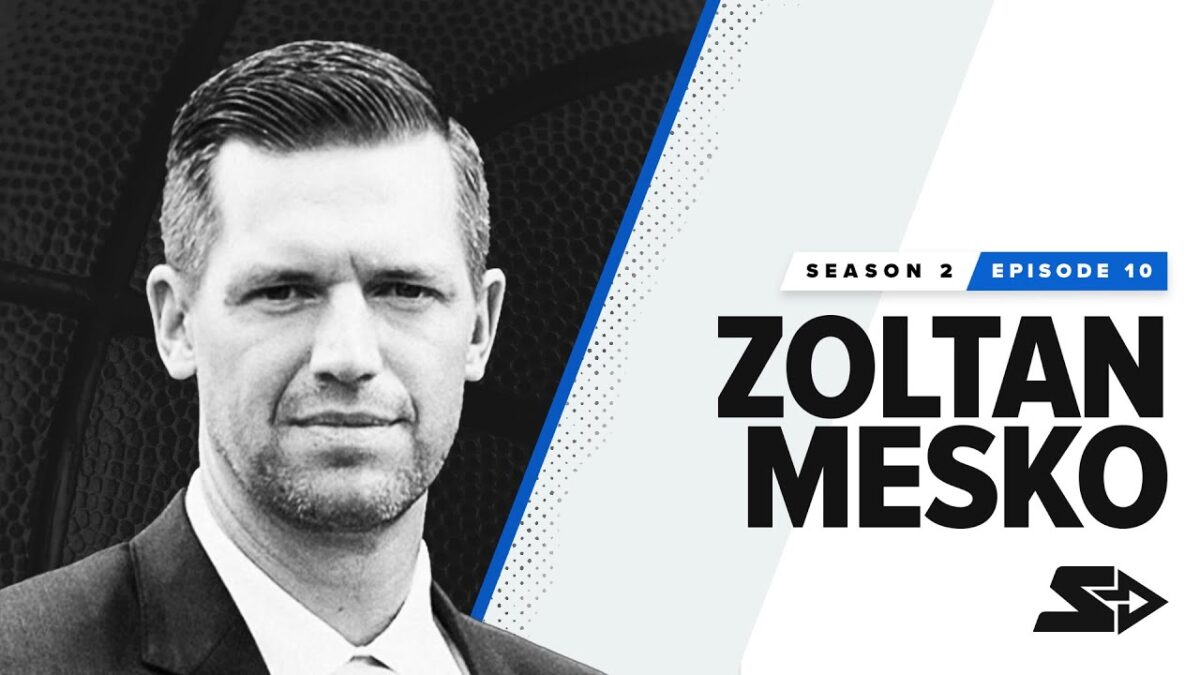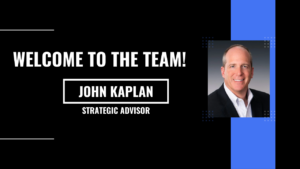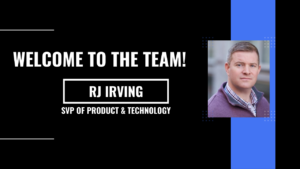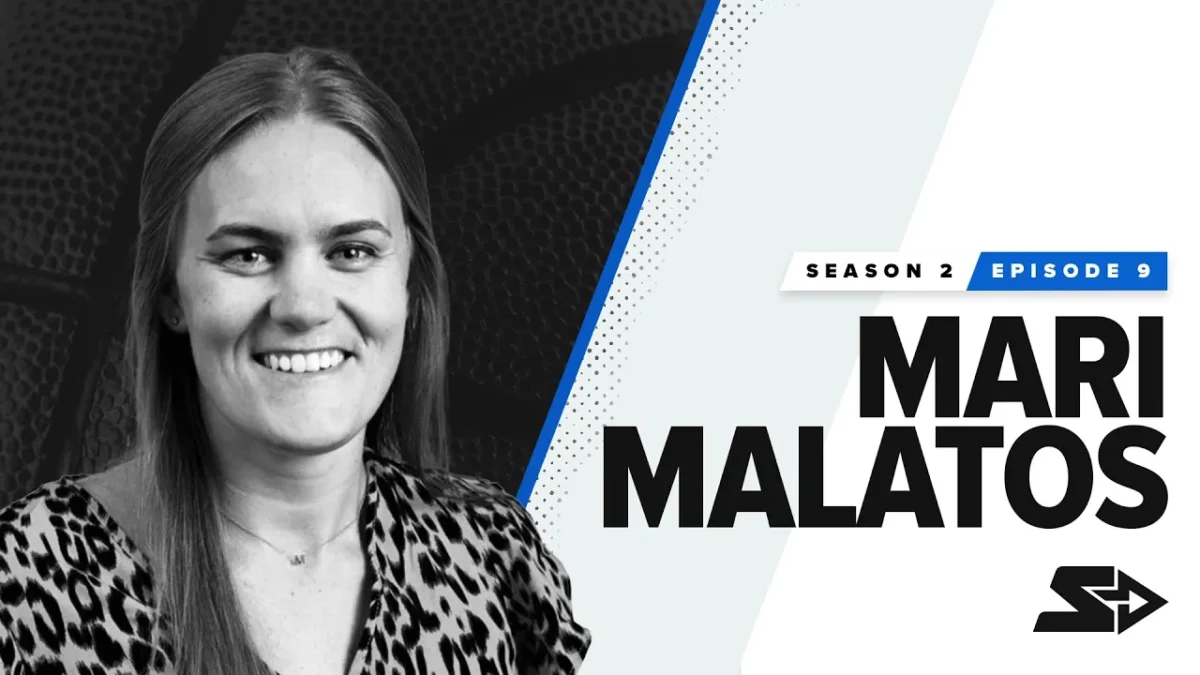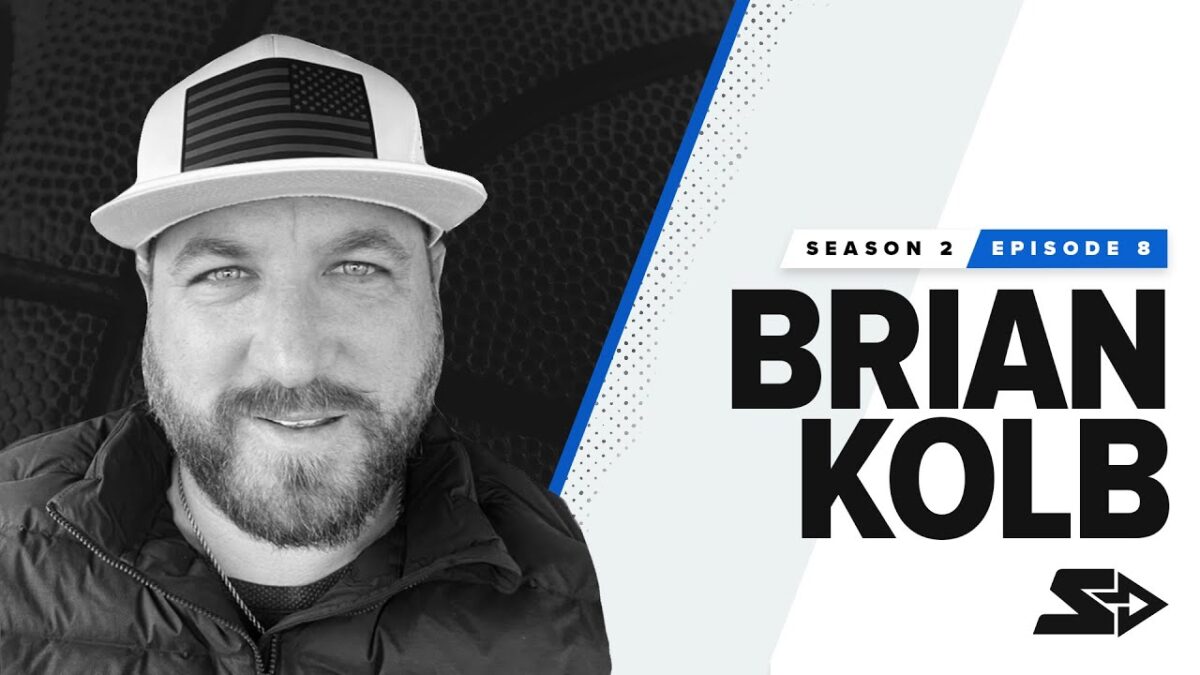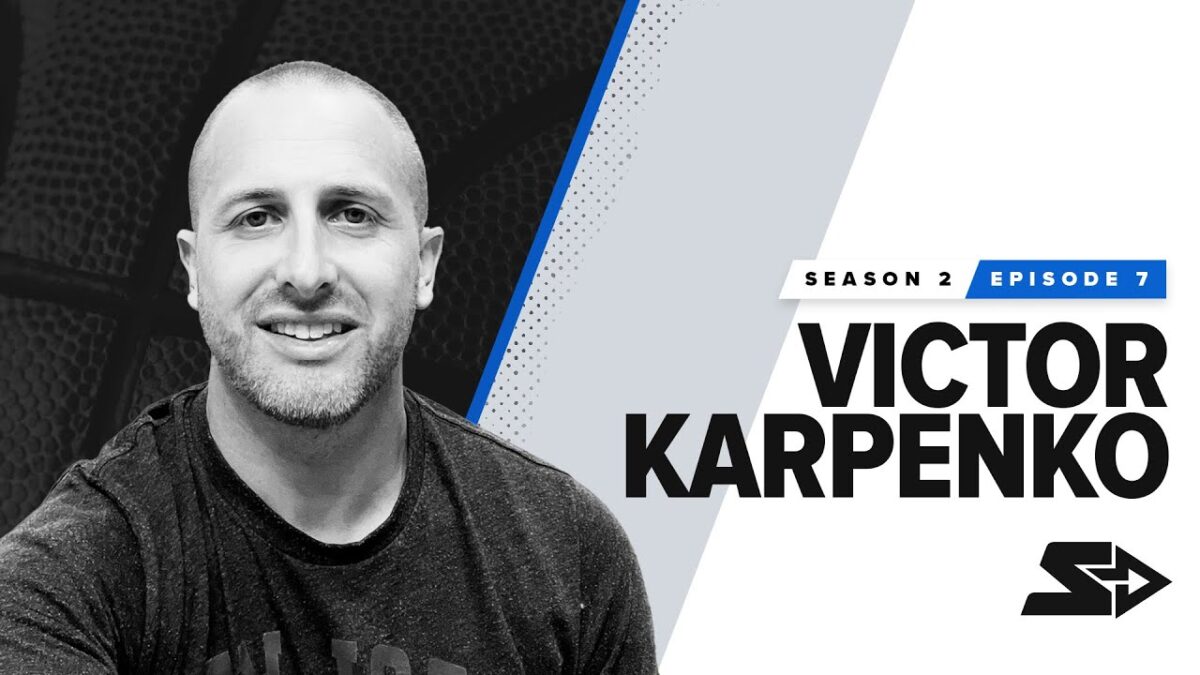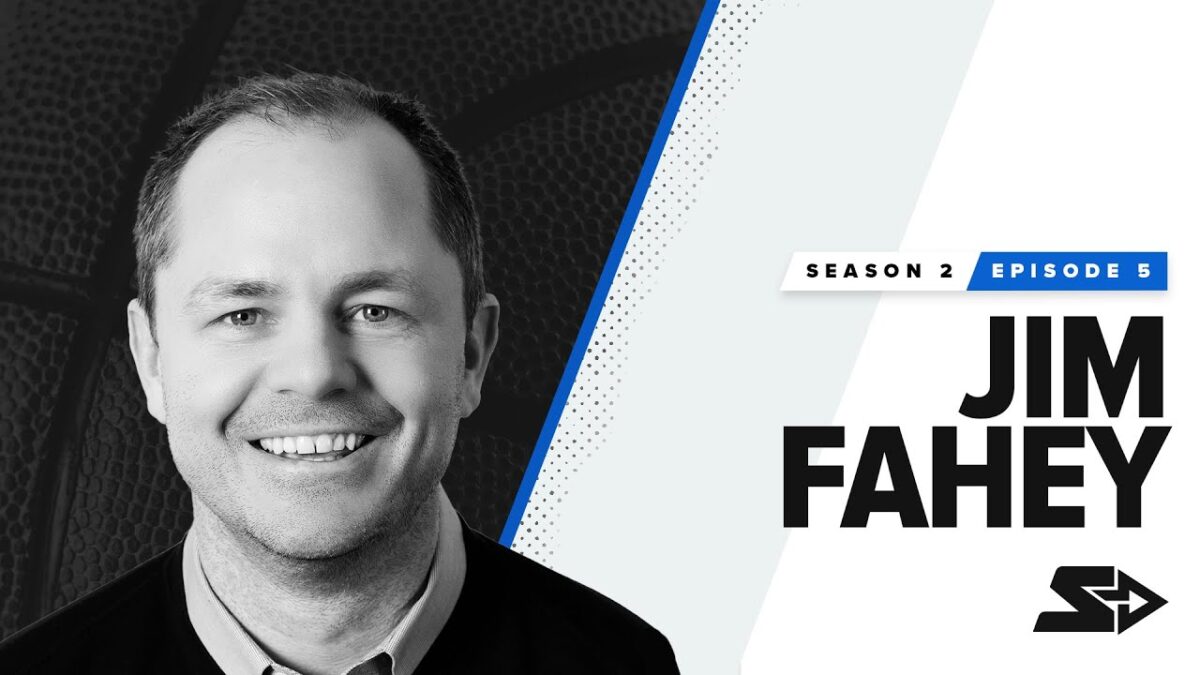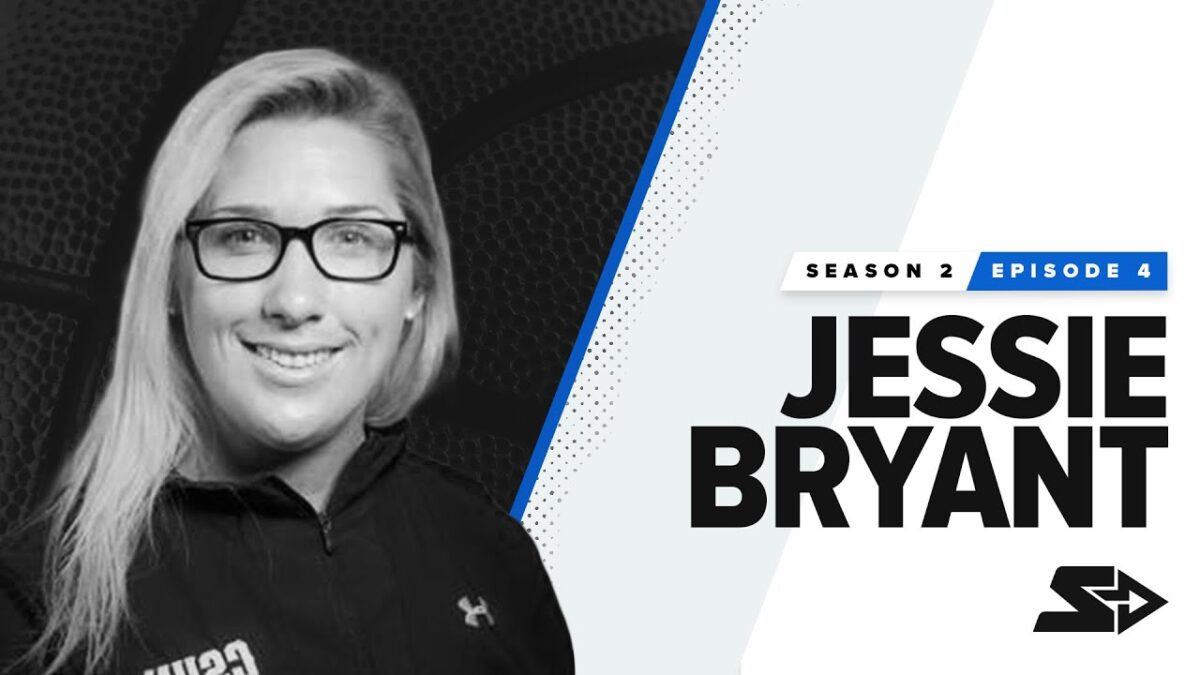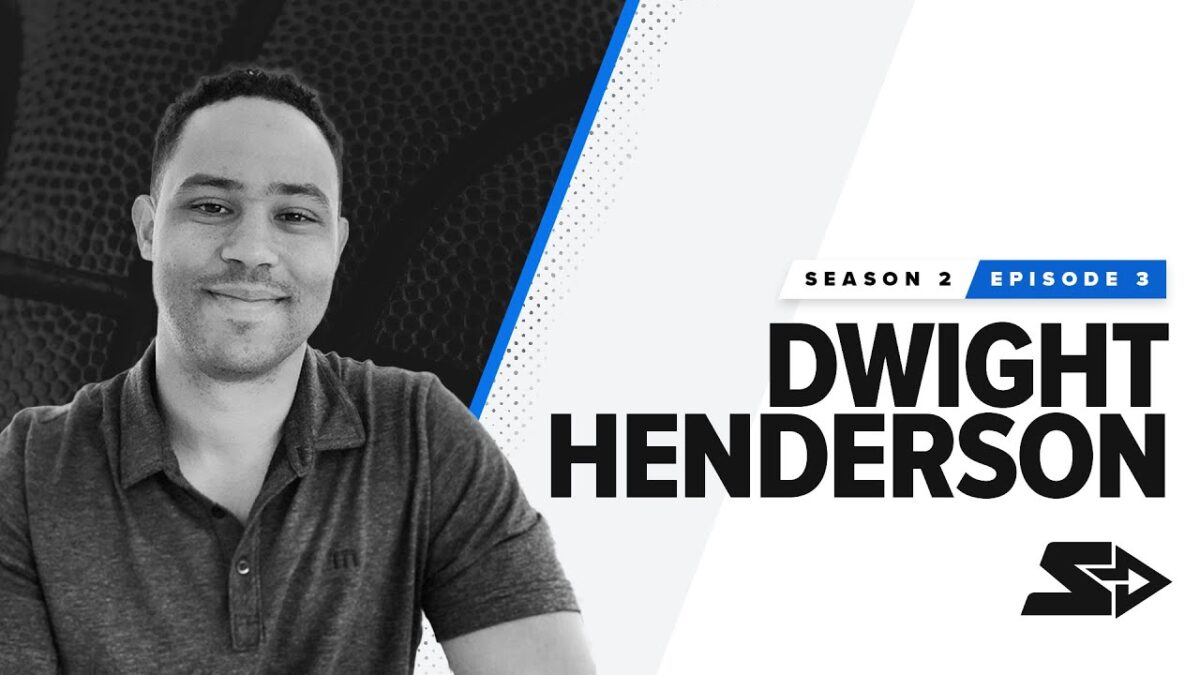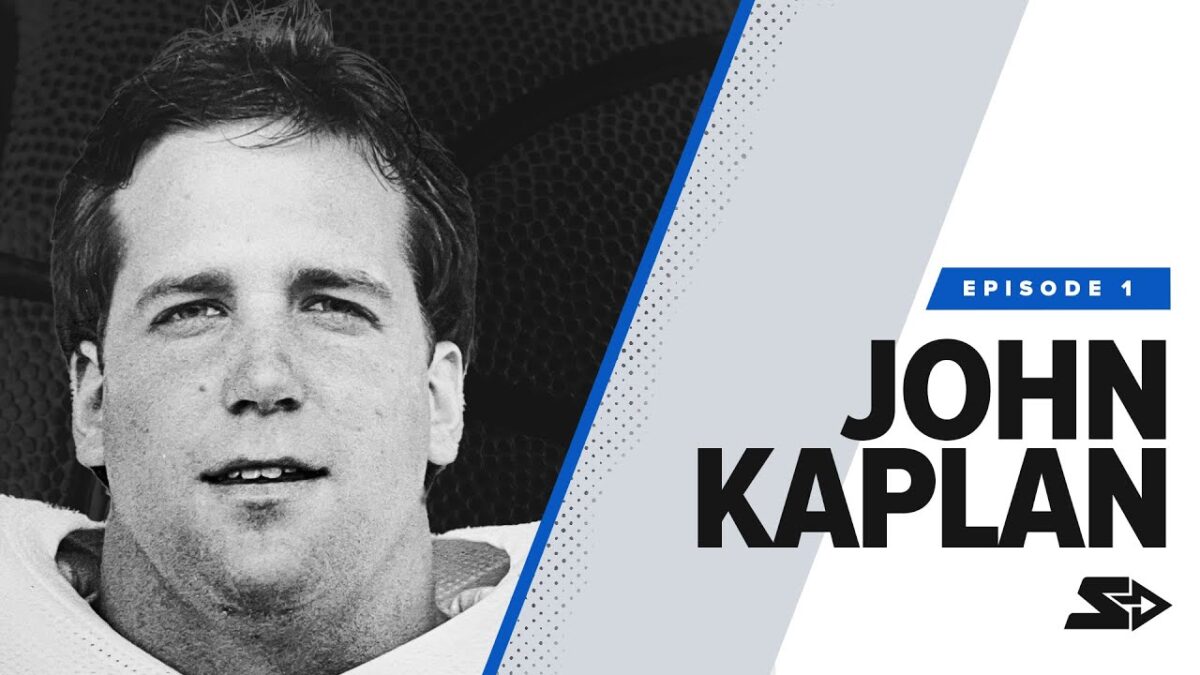Episode 10: Do Your Job! | Zoltan Mesko
bhavinishah
on
February 2, 2023
February 2, 2023
In this final episode of the Merchants of Change Season 2 podcast, JR and John sit down to talk to acclaimed former NFL (and Michigan) punter, Zoltan Mesko. This podcast is the can’t-miss episode of the season. Check out JR’s thoughts on the conversation with Zoltan and listen to the pod to hear the details right from the horse’s mouth.
Usually when I write about a podcast it’s part-summary, part my interpretation, part other related thoughts, in varying degrees, depending on the conversation. But this conversation with Zoltan was unique, so different from any other podcast this season, that I’m going to gently demand that you listen to it start to finish. No interpretation from me will do this one justice.
Here are some of the things the podcast will illuminate:
- How a broken light in a middle-school gym led to Michigan football history and a trip to the Super Bowl.
- How organizational excellence can get everyone aligned to do their job.
- Why it’s important to show up, even when you don’t want to.
- How taking the time to have an uplifting exchange with someone else can pave the way to unexpected (history-making) outcomes.
- How 360-degree mentoring can help you develop as a person and as a professional.
- How knowing the facts can be used to your advantage.
- What FATFIRE is and why you should care.
- How what you value and what the path forward looks like for you is critical in choosing an employer and a role.
- The importance of trust, credibility, and believability.
- Why you should avoid buzzwords.
- The importance of reading good books. (Spoiler alert: The Speed of Trust by Steven Covey is one of several titles he mentions.)
- How Zoltan manages to be a sales leader, crush his numbers, golf when he wants, and coach his daughters’ soccer teams.
- Why it’s important to get to “no” fast.
- The differences between managers and leaders and why it matters.
- What makes Zoltan elite.
What struck me most was Zoltan’s strong sense of self. He has crystal clarity of what matters to him, and he aligns himself to succeed in those areas. A career in tech sales gives him the financial freedom to, as he tells us, “enjoy the ride,” but make no mistake—he puts in so much hard work, so much effort, but he wastes none of it. Zoltan knows what he needs to be happy, and he figures out how to optimize at every shift change.
Would you believe me if I told you that Zoltan Mesko found financial independence in his tech sales career after leaving the NFL? Buckle up for this wild ride of a conversation that brings intelligence and persistence and flexibility and dedication and self-knowledge together in a unique way with a unique guest who achieves unique outcomes. I’m telling you—don’t take it from me. Tune in and listen to Zoltan.
